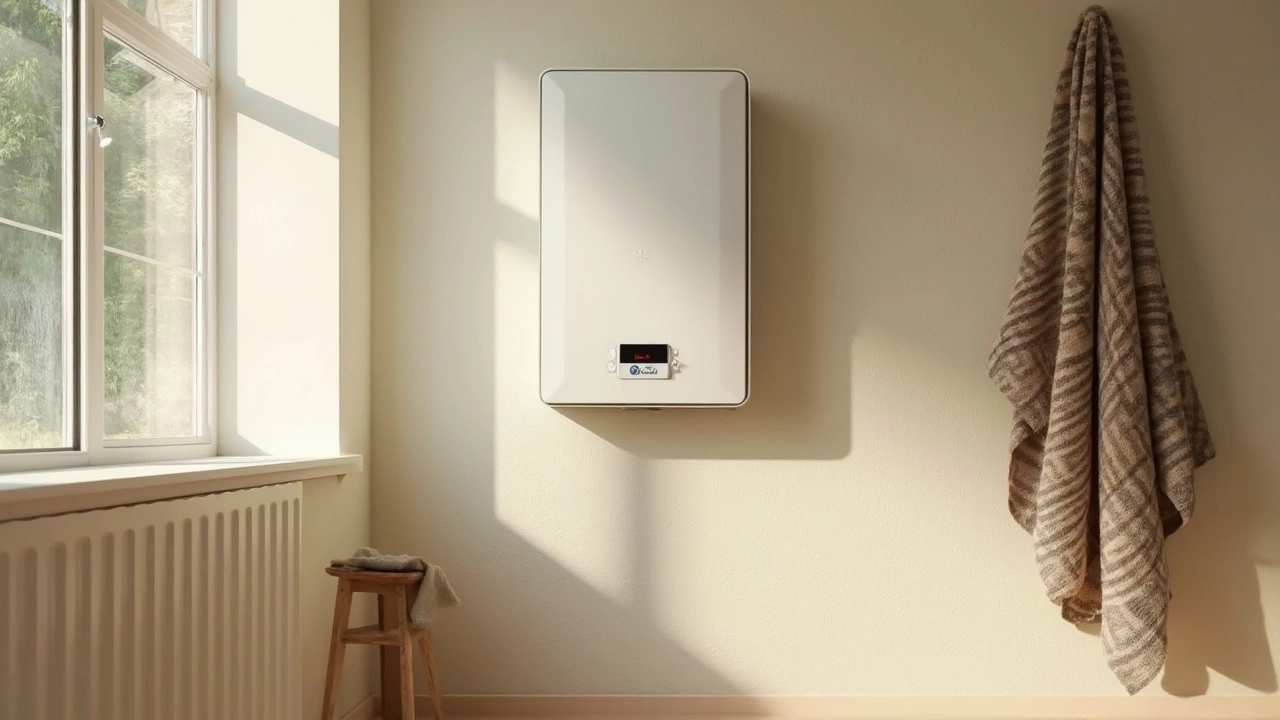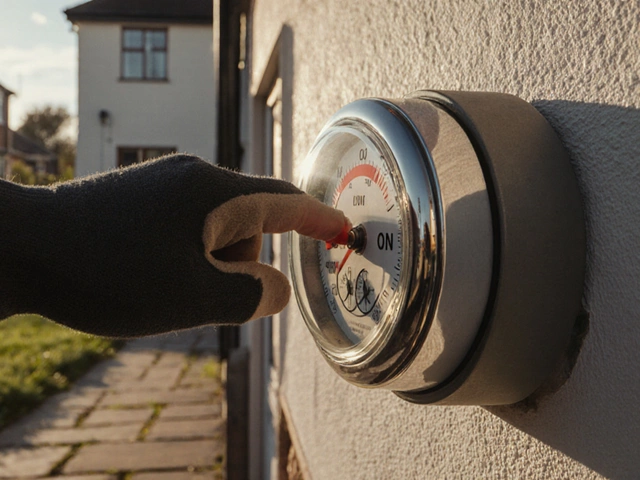If you’re standing under a cold shower, the first thing you want to know is why your water heater stopped working. Most issues are simple, and you can often fix them without calling a pro. Below we walk through the most common culprits, what you can check yourself, and when it’s time to call in an expert.
Cold water can be caused by a blown fuse, a tripped breaker, or a faulty thermostat. Electric heaters rely on power, so a quick glance at your breaker box can save you a callout. For gas units, the pilot light might have gone out – a gentle push of the reset button usually reignites it.
Another big offender is sediment buildup. Over time, minerals settle at the bottom of the tank, insulating the heating element and making the water stay lukewarm. This also forces the heater to work harder, raising your energy bills.
A stuck reset button is a tell‑tale sign of overheating. When the heater gets too hot, the safety switch trips to prevent damage. If you keep resetting it, there’s likely an underlying issue such as a faulty thermostat or a clogged vent.
1. Reset the heater. Locate the reset button (usually red) on the thermostat. Press it firmly; you should hear a click. If the water heats up, great – but if it trips again, move on to the next step.
2. Check the power. Flip the breaker off for a minute, then back on. For older fuse boxes, replace any blown fuses. Make sure the heater’s power cord is securely plugged in.
3. Relight the pilot. Turn the gas valve to “off," wait a minute, then set it to "pilot" and hold the button while using a lighter to ignite the flame. Hold for 30 seconds before turning the valve back to "on."
4. Flush the tank. Turn off the heater (gas or electric), attach a garden hose to the drain valve, and open the valve. Let water run until it’s clear, then close the valve, fill the tank, and turn the heater back on. Flushing removes sediment and restores efficiency.
5. Inspect the thermostat. If you feel comfortable, remove the access panel, locate the thermostat, and test it with a multimeter. A reading outside the 120‑180 °F range means you need a replacement.
These steps cover about 80% of water‑heater woes. If after resetting, checking power, relighting the pilot, and flushing the tank the water is still cold, the heating element or gas valve may be failing. At that point, it’s safest to call a qualified plumber or our Bognor Regis Appliance Repair Experts.
Remember, regular maintenance—flushing once a year and checking the anode rod—can keep your heater running for 10‑15 years. A quick annual check saves you from surprise cold mornings and costly repairs.
Got a stubborn issue? Grab a screwdriver, a hose, and a few minutes. Most homeowners can bring the heat back without a professional. But when you hit a wall, don’t hesitate to get a pro on the job – it’s faster, safer, and often cheaper than a full replacement later.

Troubles with your water heater might mean it needs a reset. Knowing when and how to reset it can prevent cold showers and unnecessary stress. This guide covers signs your water heater needs resetting, why it's important, and how to do it safely. Plus, learn some handy maintenance tips to keep it running smoothly.

Ever got frustrated with cold showers while waiting for your hot water heater to get fixed? This article breaks down how long it really takes to repair different types of water heaters, from common issues you can fix yourself to problems that call for a pro. You'll learn what affects the repair timeline, plus some quick tips to speed things up. No more second-guessing if you’ll be stuck with icy water all day. Get the facts so you can plan around your next repair.

Struggling with a troublesome boiler? Discover the most frequent issues like lack of heat, strange noises, and leaking water. Learn practical tips and tricks on how to diagnose and fix these problems on your own. Recognize when it's time to call a professional and keep your home warm and comfortable.

Curious how to fix a broken cooker? Explore hands-on steps, common faults, safety tips, and tricks to get your appliance working again—no jargon, just practical advice.

Learn why all your gas appliances might stop working, how to safely troubleshoot common issues, and when to call a Gas Safe engineer.

Learn how to spot a malfunctioning heat pump, recognize warning signs early, and troubleshoot issues to keep your home comfortable and energy bills in check.